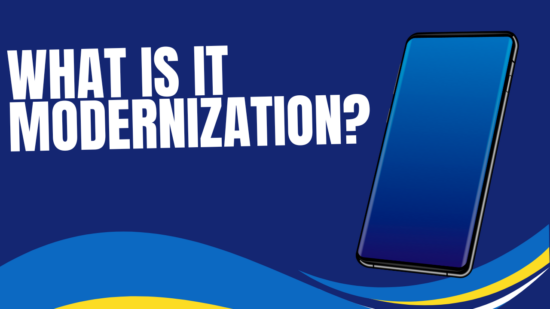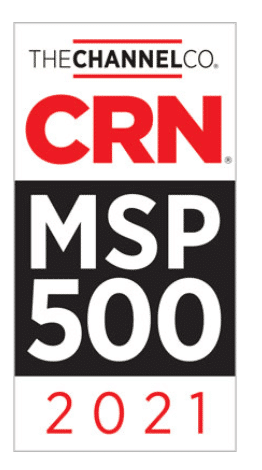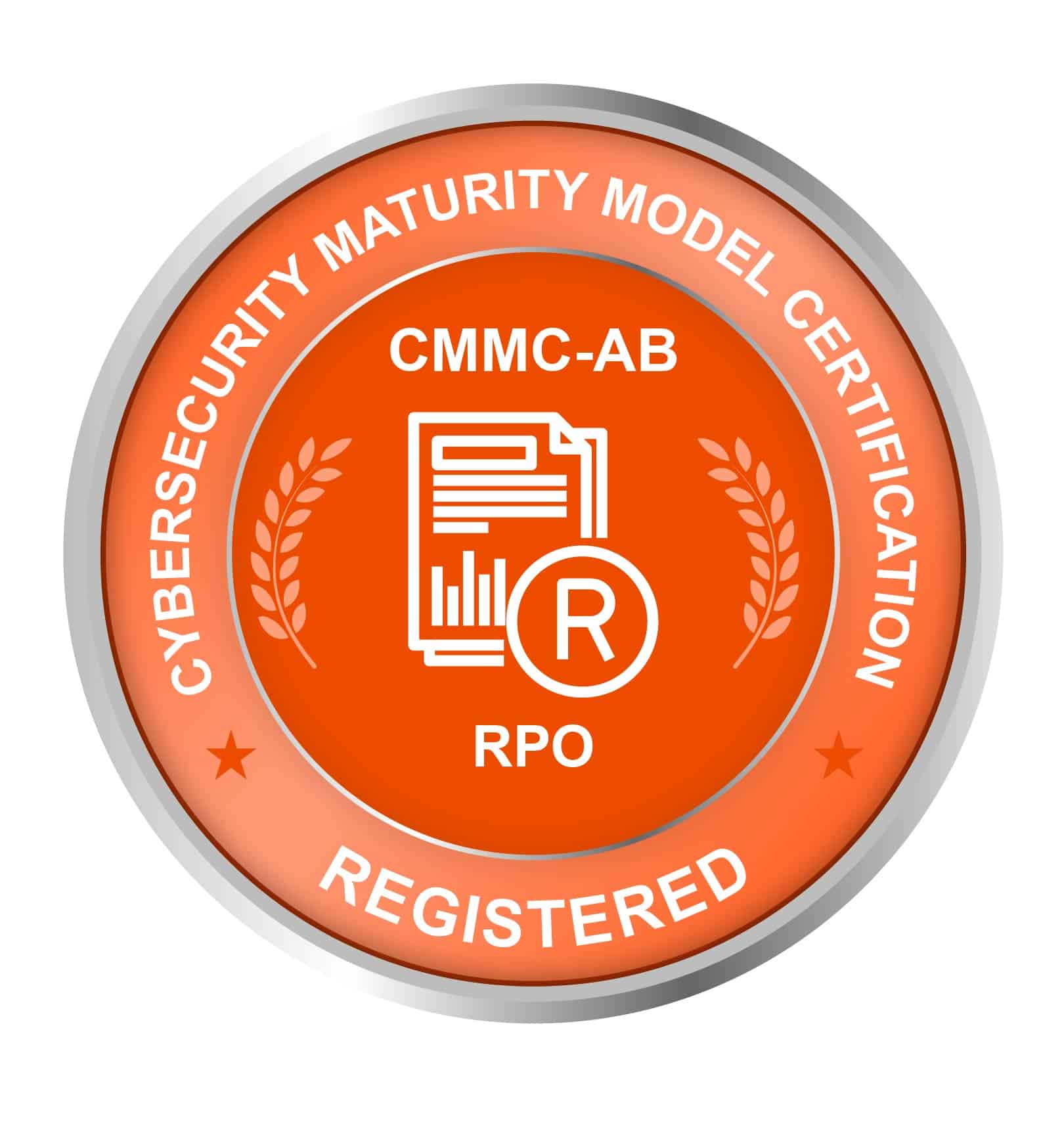Studies show that about 90 percent of emails received by an average person per day are worthless. Email services and clients come with filtering features to help keep track of spam and segregate them in a spam folder, but sometimes, sneaky messages still make their way into your inbox. There are many different types of spam emails, and the following are the most common:
- Phishing scams – These spam emails can be tricky to spot because they look like official messages from large and well-known companies and direct you to scam sites that look almost legit. They aim to get your usernames and passwords.
- Unsolicited ads – These are usually about male enhancement products, miracle weight loss drugs, online degree programs, knockoffs, and prescription drugs.
- Email spoofing – This technique makes it seem like the fraudulent email came from a trusted source to build your trust and scam you.
- Nigerian 419 scam – This involves an email that has an amazing offer from a stranger in a faraway land—usually a Nigerian Prince or a so-called long lost relative—asking you to handle a certain amount of money.
- Trojan horses – This type of email comes with files or links that can give your computer a virus when clicked. Some Trojan viruses send themselves to the people in your email address book, too.
There are many other types of spam emails, like commercial advertisements, chain letters, anti-virus spams, terrorist and political spam, and porn spam. In any case, it is important not to click any link or file in those emails. This way, you can prevent your personal information from being stolen or compromised, avoid viruses and malware, do not fall victim to a scam.
If you are not sure how to identify certain emails—especially if they seem to have come from a valid source—do your homework and ask the company, person, or organization directly. If they did not send the email, let them know that some malicious entities are using their names to solicit or spread wrong information. This way, the company itself can take action against the scam.
About the Author:
Mike Rana is the Chief Technology Advisor of Orion Network Solutions. Orion Network Solutions specializes in providing Computer Installation, Maintenance, and Consulting services along with 24×7 help desk services for small and midsize companies. We provide network solutions that enable small businesses to not only lower their management cost but also increases employee productivity at the same low price. We offer network solution that becomes an integral part of your organization and can provide an increase in productivity of your organization.










